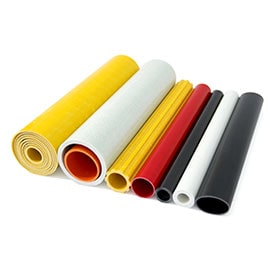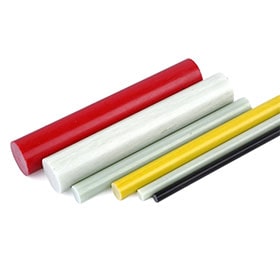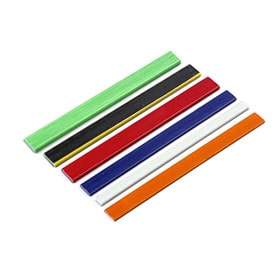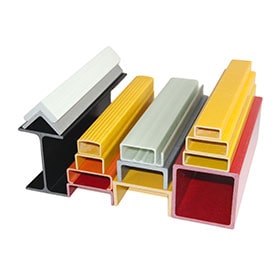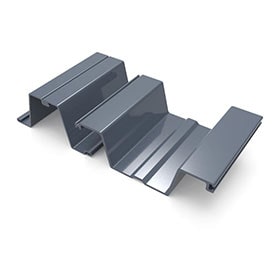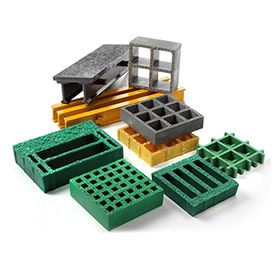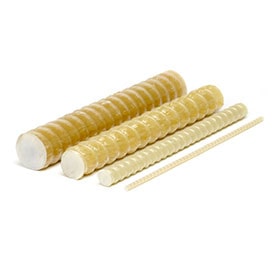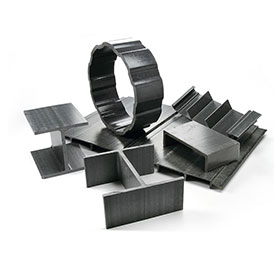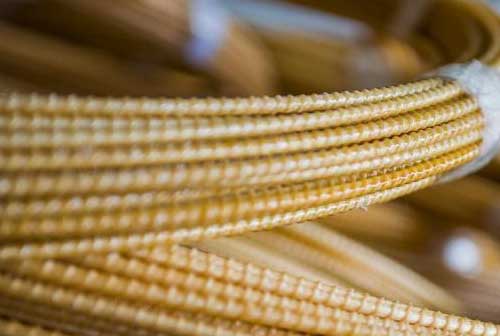
Fiberglass rebar is a composite material that consists of glass fibers embedded in a resin matrix. The resin is responsible for bonding the fibers together and providing the material with its mechanical properties. The tensile strength of fiberglass rebar is a key factor in determining its suitability for different applications.
In this article, we will discuss the influence of different resins on the tensile strength of fiberglass rebar. We will also provide recommendations for choosing the right resin for a particular application.
Resins for fiberglass rebar
There are three main types of resins used for fiberglass rebar: epoxy, polyester, and vinyl ester. Each type of resin has its own advantages and disadvantages.
Epoxy resins are the most common type of resin used for fiberglass rebar. They have high tensile strength, excellent chemical resistance, and good durability. However, epoxy resins are also the most expensive type of resin.
Polyester resins are less expensive than epoxy resins, but they have lower tensile strength and chemical resistance. Polyester resins are also more prone to cracking than epoxy resins.
Vinyl ester resins offer a good balance of strength, chemical resistance, and cost. They are also less prone to cracking than polyester resins.
Tensile strength of fiberglass rebar
The tensile strength of fiberglass rebar is measured in megapascals (MPa). The tensile strength of fiberglass rebar can vary depending on the type of resin used, the fiber volume fraction, and the manufacturing process.
In general, epoxy resins provide the highest tensile strength for fiberglass rebar. Epoxy-based fiberglass rebar can have a tensile strength of up to 2,500 MPa. Polyester resins typically have a tensile strength of 1,000 to 1,500 MPa, while vinyl ester resins have a tensile strength of 1,500 to 2,000 MPa.
Recommendations for choosing a resin
The choice of resin for fiberglass rebar depends on the specific application. For applications where high tensile strength and chemical resistance are required, epoxy resin is the best choice. For applications where cost is a primary consideration, polyester resin may be a better option. For applications where a good balance of strength, chemical resistance, and cost is required, vinyl ester resin is a good choice.
Henan Zhongsheng
Henan Zhongsheng is a leading manufacturer of fiberglass rebar. We offer a wide range of fiberglass rebar products, including epoxy-based, polyester-based, and vinyl ester-based rebar. We also offer custom rebar solutions to meet the specific needs of our customers.
We are committed to providing our customers with the highest quality fiberglass rebar products. We use only the highest quality materials and manufacturing processes to ensure that our products meet or exceed our customers' expectations.
If you are looking for fiberglass rebar for your next project, please contact Henan Zhongsheng today. We will be happy to help you choose the right resin for your application.
Conclusion
The resin used for fiberglass rebar has a significant impact on the material's tensile strength. Epoxy resins provide the highest tensile strength, followed by vinyl ester resins and polyester resins. The choice of resin depends on the specific application requirements.
Henan Zhongsheng is a leading manufacturer of fiberglass rebar that offers a wide range of resin options to meet the needs of our customers.
 +86 15303735673
+86 15303735673 Jessica@frpzs.com
Jessica@frpzs.com
 Technical Data
Technical Data


